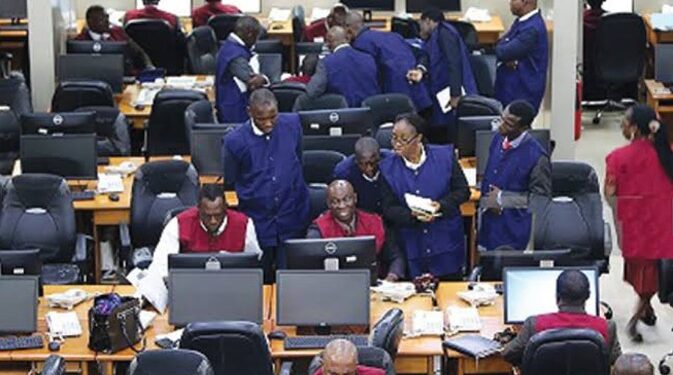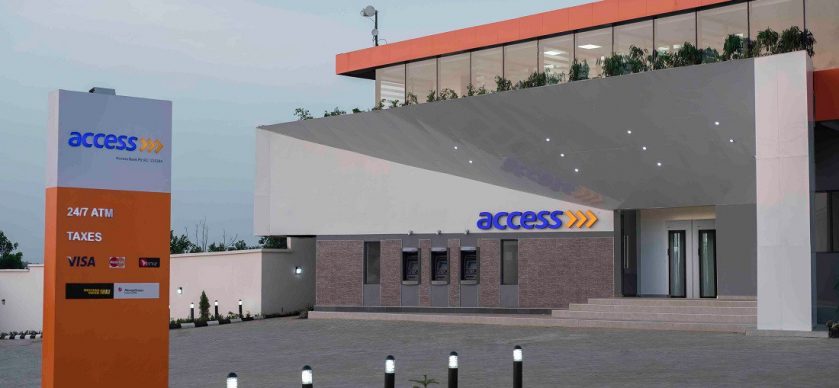Business Briefings
CBN’s Dollar Ban Pushes Forex Traders to the Brink

The Bureau De Change (BDC) operators have lamented that they are close to going out of business, with most members struggling to stay afloat and meet overhead expenses.
These licensed currency traders attributed their woes mainly to the suspension of dollar allocation by the Central Bank of Nigeria (CBN), leaving them with limited access to foreign exchange from the official window.
With the sharp drop in income, many operators say paying staff salaries, office rent, licenses, and other compliance costs has become a serious challenge. The uncertainty in the retail segment of the forex market has also worsened the situation, as many BDCs are yet to meet the recapitalization and license requirements.
BDC operators have long advocated for greater participation in the foreign exchange market, believing their inclusion would help sustain CBN’s policies and improve liquidity. This call intensified after the June 2023 unification of Nigeria’s forex windows, which merged all segments into a single market aimed at improving stability and liquidity.
The traders had advised the CBN to leverage BDCs by granting them access to banks’ autonomous windows and international money transfer agencies.
The CBN had, in July 2021, stopped forex sales to BDCs, accusing them of facilitating illegal financial transactions and money laundering. Although the apex bank briefly resumed forex sales in February 2024 after revoking over 4,000 licenses for regulatory violations, the policy was not sustained, and sales have since been halted.
BDC operators now say they are engaged in “positive discussions” with the CBN for a possible return to the retail segment of the forex market.
A BDC operator, Abubakar Ardo, said most operators are barely managing to stay in business as the suspension of direct forex sales has crippled operations. He explained that the demand for physical forex has dropped sharply because most customers now prefer online transfers or use International Money Transfer Operators (IMTOs).
“Honestly, things have been extremely tough for us lately. Most operators are just managing to stay afloat. Since the CBN stopped selling forex directly to us, our operations have been badly affected. We used to depend largely on the official window to get forex at regulated rates, but that avenue has been shut for a long time,” Ardo said.
“Right now, survival depends mostly on what we can get from walk-in customers—people coming in to sell small amounts of dollars, pounds, or euros. But that’s not steady. Sometimes, you can go days without a single serious transaction. The market is very dislocated, and demand has dropped sharply because most people now prefer to do transfers or use online platforms or IMTOs instead of physical exchanges.
“This may be good for the naira, but sincerely, many of us are suffering. Meeting up with overhead costs has become a major challenge. Office rent, staff salaries, licenses, and compliance expenses are still there, but the income isn’t coming in as before. As I talk to you, many operators have either closed shop temporarily or reduced their workforce just to cut costs.”
He said most operators are operating in “survival mode,” keeping their licenses active and hoping for CBN’s re-engagement in the market.
The President of the Association of Bureau De Change Operators of Nigeria (ABCON), Aminu Gwadebe, said the majority of BDC operators are struggling to meet overhead costs, with their operations almost extinct.
“The market is stable, and as patriotic citizens, we align with policies that strengthen the naira. But our operations are currently near extinction, with the majority of our members struggling to meet up with overhead expenses,” he said.
According to him, discussions are ongoing between the CBN and BDC operators regarding the return of their active participation in the retail end of the FX market.
“The BDCs have always been a potent tool of the CBN’s foreign exchange policy transmission mechanism. However, the majority of us are comatose as survival now depends largely on the official forex market, which remains inaccessible to us. Only a few are getting by through walk-in customers,” Gwadebe added.
He stressed that the CBN has not intervened in BDC operations for a long time, leaving the sector in a fragile state.



